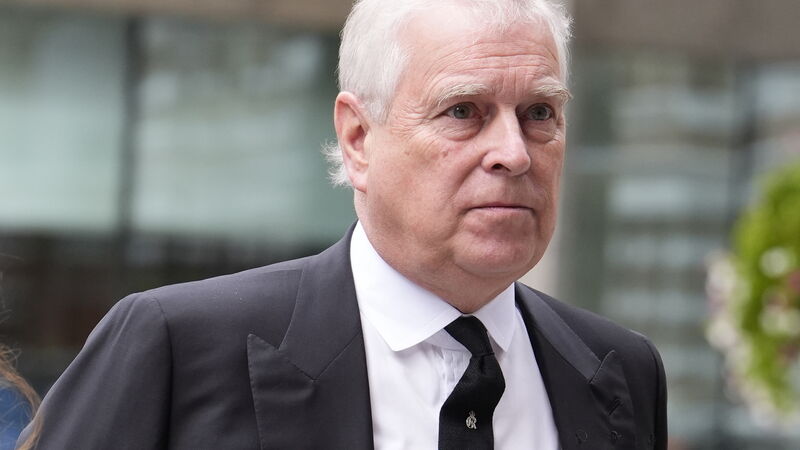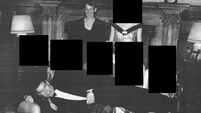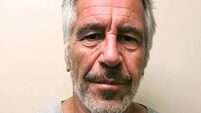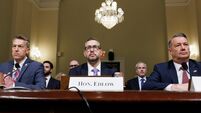Former prince Andrew gets a name change as hyphen is reinstated to Mountbatten-Windsor

The former Duke of York has had another name change (Jordan Pettitt/PA)
Britain's disgraced Andrew Mountbatten-Windsor may have been formally stripped of his dukedom, his HRH and his princely title, but Buckingham Palace has handed him a tiny addition to his new name – a hyphen.
Royal sources have confirmed that, going forward, Mr Mountbatten-Windsor will use the punctuation mark between his two last names.














